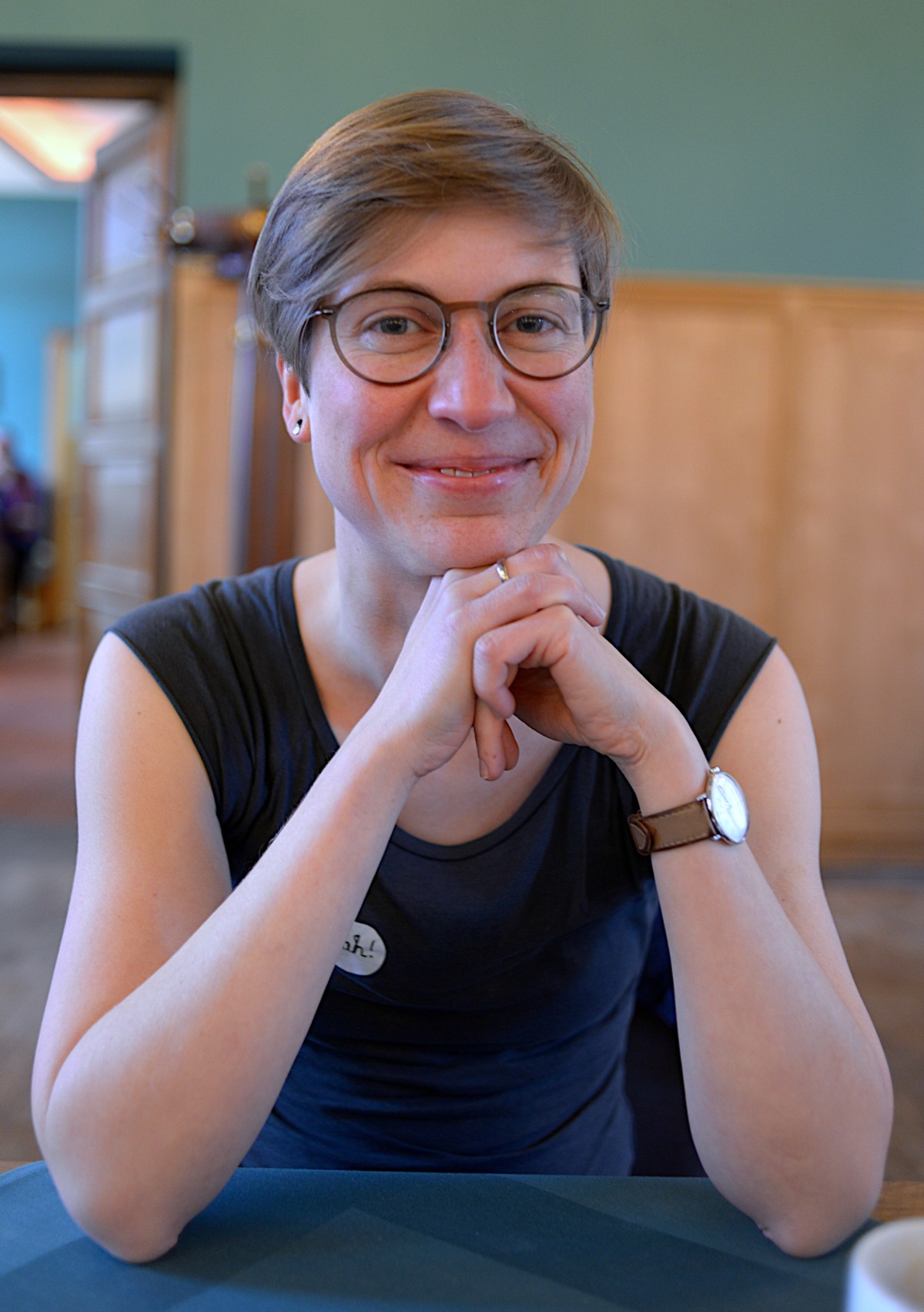Systems Seminar - ECE
The Power of Feedback — in a Cyber-Physical World
This event is free and open to the publicAdd to Google Calendar

Abstract: Feedback allows systems to seamlessly and instantaneously adapt their behavior to their environment and is thereby the fundamental principle of life and technology — it lets animals breathe, it stabilizes the climate, it allows airplanes to fly, and the energy grid to operate. During the last century, control technology excelled at using this power of feedback to engineer extremely stable, robust, and reliable technological systems.
With the ubiquity of computing devices in modern technological systems, feedback loops become cyber-physical — the laws of physics governing technological, social or biological processes interact with (cyber) computing systems in a highly nontrivial manner, pushing towards higher and higher levels of autonomy and self-regulation. While reliability of these systems remains of utmost importance, a fundamental understanding of cyber-physical feedback loops for large-scale CPS is lacking and far behind.
In this talk, I will discuss how a control-inspired view on formal methods for reliable software design enables us to utilize the power of feedback for robust and reliable self-adaptation in cyber-physical system design.
Bio: Anne-Kathrin Schmuck is an independent research group leader at the Max Planck Institute for Software Systems (MPI-SWS) in Kaiserslautern, Germany. Her group is externally funded by the Emmy Noether Programme of the German Science Foundation (DFG). She received the Dipl.-Ing. (M.Sc) degree in engineering cybernetics from OvGU Magdeburg, Germany, in 2009 and the Dr.-Ing. (Ph.D.) degree in electrical engineering from TU Berlin, Germany, in 2015. Between 2015 and 2020 she was a postdoctoral researcher at MPI-SWS mentored by Rupak Majumdar. She currently serves as the co-chair of the IEEE CSS Technical Committee on Discrete Event Systems and as an associate editor for the Springer Journal on Discrete Event Dynamical Systems, the IEEE Open Journal of Control Systems, and the IFAC Journal on Nonlinear Analysis: Hybrid Systems.
Her current research interests include cyber-physical system design, logical control software synthesis, reliability of automation systems, and dynamical systems theory.
***Event will take place in a hybrid format. The location for in-person attendance will be room 1003 EECS. Attendance will also be available via Zoom.
Join Zoom Meeting https://umich.zoom.us/j/91414297851
Meeting ID: 914 1429 7851
Passcode: XXXXXX (Will be sent via e-mail to attendees)
Zoom Passcode information is also available upon request to Sher Nickrand ([email protected]).
 MENU
MENU 
